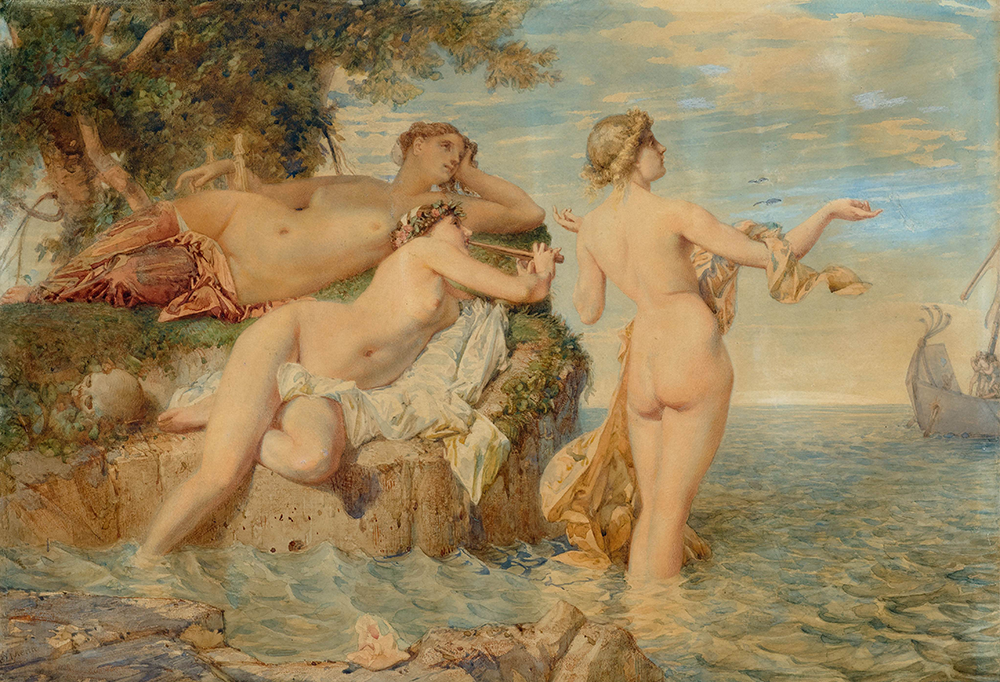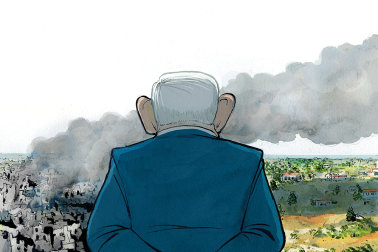Britain and India have struck a landmark free trade deal, the biggest agreement of its kind since Brexit. It will see tariffs slashed on cosmetics and medical devices and could potentially boost growth by up to £5 billion a year. This deal has been three years in the making and follows intensive negotiations in recent days between Jonathan Reynolds, the business secretary, and Piyush Goyal, India’s trade minister.
The agreement was formally signed off during a call between the leaders of both countries today. The two sides were keen to get the negotiations over the line in the wake of President Trump’s ‘liberation day’ tariffs that imposed 26 per cent taxes on Indian exports to the US and 10 per cent on the UK. It is no mean feat and both governments will be hoping that it helps offset some of the predicted economic fallout from Trump’s trade war.
It is a feather in the government’s cap that it has managed to strike a deal with India before the White House
This deal has required significant concessions on all sides. Indian taxes on British exports such as whisky and cars will fall by up to 90 per cent. In return, the UK has given in to Delhi’s demands for an exemption from National Insurance payments for Indian workers in Britain. Ministers denied that the agreement would lead to an increase in visas from India but said that businesses would benefit from a clearer and simplified approval process. The UK has also agreed to scrap tariffs on Indian textile imports – another key condition set by Delhi. In other areas, both countries have refused to budge. The UK has not lowered tariffs on milled rice. The same applies to dairy for Indian. It was also pushing for an exemption from the UK’s proposed carbon tax for its high-emission industries. It is understood this will not be granted.
Both sides are understandably keen to talk up the benefits. Sir Keir Starmer said the deal would ‘grow the economy and deliver for British people and business’. The prime minister claimed the deal would reduce barriers and create a ‘more secure economy’. The government believes the deal will increase the trade between the two countries by almost 50 per cent, boost GDP by £4.8 billion within 15 years and increase wages by £ 2.2 billion. Ministers also expect the deal to give UK service firms greater access to India’s notoriously protectionist markets.
Narendra Modi, the Indian prime minister, was equally effusive. He described the deal as a ‘historic milestone’, adding:
India and the UK have successfully concluded an ambitious and mutually beneficial free trade agreement. These landmark agreements will further deepen our comprehensive strategic partnership, and catalyse trade, investment, growth, job creation, and innovation in both our economies.
Negotiations for this trade deal began in January 2022, under Boris Johnson, then prime minister. He declared that an agreement was in the offing for the following autumn. This proved to be hopelessly optimistic in classic Johnson style. When Rishi Sunak became prime minister, he tried to push forward the discussions but a breakthrough proved elusive. Key stumbling blocks remained unresolved at the time of the election last July.
Progress has been slow because of disagreements over Indian reluctance to significantly reduce tariffs (as high as 150 per cent in some cases) on key UK exports such as cars, food and whisky. India, in its turn, was adamant that Indian workers seconded to the UK on business visas should not pay national insurance because they were not eligible for UK pensions or social security benefits.
That India has won on this point has displeased the Tories. Robert Jenrick, the shadow justice secretary, said it would leave British workers coming last. On X, he said:
This trade deal means Indian workers here for less than three years will not pay National Insurance in the UK. Starmer has hiked National Insurance on Brits while giving an exemption to Indian migrants. British workers come last in Starmer’s Britain.
The arrangement, it should be pointed out, will also benefit Britons working in India, who will be exempt from National Insurance there too.
There is no doubt that this trade deal comes at a good moment when the government is still reeling from poor local election results and the damaging by-election loss in Runcorn. It is also a feather in the government’s cap that it has managed to strike a deal with India before the White House. Ministers remain hopeful of a more limited trade deal with the US. Starmer, beset by problems in all directions, should be given his due in getting the deal with India over the line.








Comments